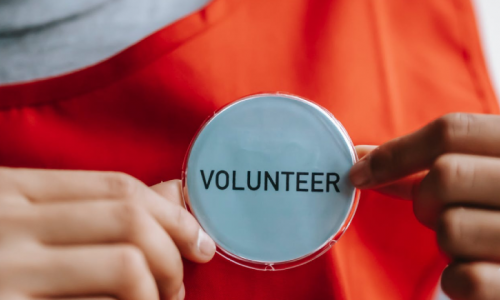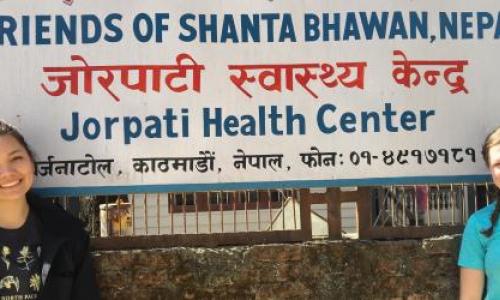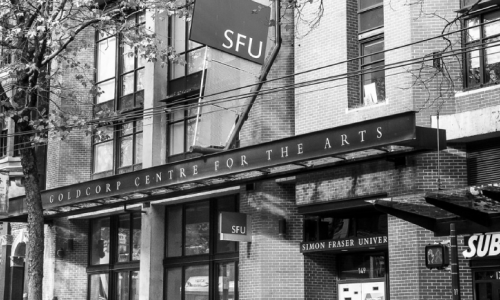
There’s no shortage of interview formats or styles that can throw even the most experienced interviewee off their game, but if you familiarize yourself with as many of these as possible, you’ll be less likely to show up unprepared. Which is why this series is here, so you can become familiar with the multitude of interview styles you could face.
A dinner interview is an interview conducted over a meal. This can be a unique experience. There is a wide range in how formal the interview and setting will be, how long the meal will last, and how much of the meal will be devoted to typical interview questions. Your interviewer could have several reasons for asking you to interview during a meal. It could be a matter of time (who has time to eat AND interview?), they could prefer to see their potential employees in a more relaxed setting, or you could be expected to meet with clients or associates over meals, and they want to make sure you can present yourself socially. Learning to present yourself professionally over a meal can give you a step-up and leave a favourable impression.
The Good
-
These interviews are usually more casual than a traditional interview, and topics can easily veer off course. If you can find some common ground with the interviewer this can easily work to your advantage.
-
Many dinner interviews double as a test of your business etiquette – if you’re going to be meeting with clients, your boss will want to know you can present yourself well.
-
If you can remember basic dining etiquette, you’ve already tackled half the challenge.
The Bad
-
It can be easy to forget that you’re at a job interview. This isn’t drinks with friends, don’t behave like it is.
-
Although many people find dinner interviews to be fairly casual, some people can find them stressful.
The Helpful
-
Bring a small notebook if you need to take notes, and keep your portfolio in a nice purse or briefcase.
-
If possible, check out the menu before you arrive, no need to distract yourself with an unfamiliar menu when you have more important things to focus on.
-
When ordering, take your host's lead for things like the number of courses or drinks to order.
-
Do Not Get Drunk.
-
If your interviewer openly offers or insists on an alcoholic beverage, stick to one or two drinks, and sip them slowly over the course of the evening.
-
Turn your cell phone OFF.
-
Do not try to sneak away to smoke (while we're giving advice, you should really just quit).
-
Never underestimate the importance of being polite to the wait staff (hopefully you would do this anyway!)
-
Pick something clean and easy to eat – Do you want to be gnawing at wings or splattered with spaghetti sauce when your interviewer asks for your portfolio?
-
Take small bites so that you can quickly finish chewing before you answer a question; never talk with food in your mouth.
-
Do not start your meal until everyone has arrived.
-
Although this list contains a lot of rules, try to relax and have fun. You want to stay polite, but don’t be too stiff, you might even end up having fun.
Potential Questions
-
Expect any of the basic interview questions we’ve discussed in this series.
-
Be prepared for more small talk than a normal interview: Local sports teams, recent local news or cultural events (nothing too controversial), etc.
Beyond the Blog
-
Prepare with more practice questions by visiting the Interview Question Database.
















